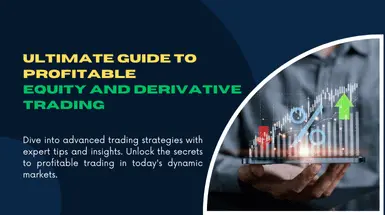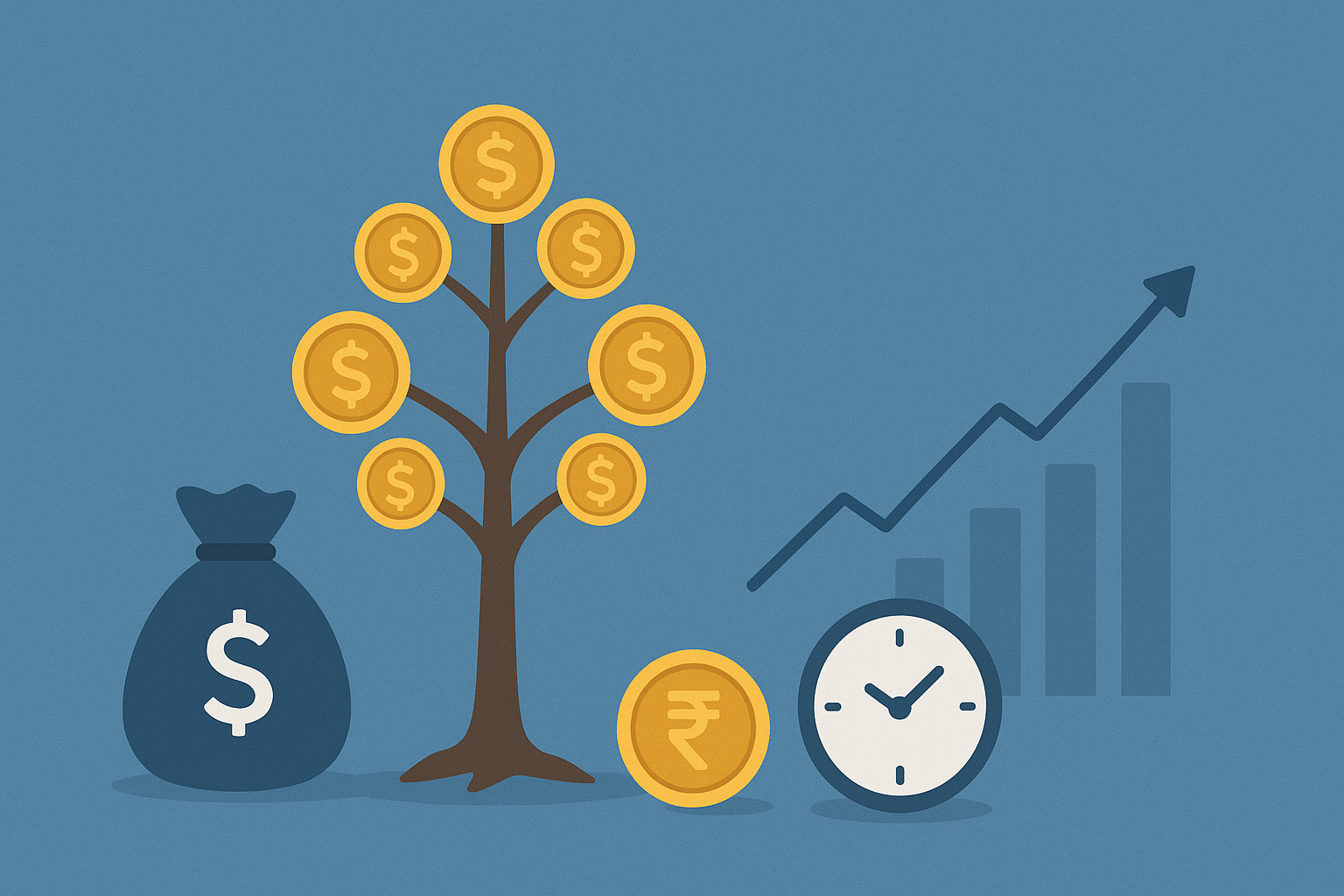The stock market is highly sensitive to global events, ranging from political decisions to natural disasters. Every major development across the globe be it a geopolitical conflict, pandemic, or central bank policy has the potential to influence investor sentiment and drive market volatility. For traders, understanding the connection between global events and stock market movements is essential to making informed decisions and mitigating risks.
In this article, Namo Trading Academy explore how various global events impact the stock markets, why they cause significant fluctuations, and what strategies traders can use to navigate uncertainty. Whether you are a beginner or an experienced investor, these insights will help you adapt to market conditions effectively.
1. The Relationship Between Global Events and Stock Markets
Stock markets thrive on stability and predictability. When uncertainty enters the scene, investor confidence shakes, leading to sharp price movements. Global events political, economic, or social alter the equilibrium of demand and supply in the financial markets.
Key reasons why global events affect stock markets:
- Investor Sentiment: Markets are driven by perception. Negative news often sparks fear, triggering sell-offs, while positive news can lead to bullish rallies.
- Economic Impact: Global events influence GDP growth, inflation, and corporate earnings, which in turn affect stock valuations.
- Liquidity and Capital Flows: International investors move money across borders based on risk perception, strengthening or weakening specific markets.
2. Types of Global Events That Influence Stock Markets
a) Geopolitical Tensions
Conflicts, wars, and trade disputes can cause massive market volatility. For example:
- Russia-Ukraine War (2022): Global stock markets saw a major sell-off due to fears of energy shortages, sanctions, and economic instability.
- US-China Trade War: Tariffs and trade restrictions impacted technology and manufacturing stocks worldwide.
Impact on Stock Markets:
- Defense sector stocks usually rise during conflicts.
- Oil and gas prices spike due to supply disruptions, influencing energy stocks.
- Emerging markets often experience capital outflows during heightened tensions.
b) Natural Disasters and Pandemics
Events like earthquakes, hurricanes, and pandemics disrupt economic activity.
- COVID-19 Pandemic: Global markets crashed in early 2020 as lockdowns paralyzed economies. However, sectors like technology and healthcare surged due to increased digital adoption and vaccine development.
Impact on Stock Markets:
- Travel, hospitality, and retail sectors suffer significant losses.
- Technology, healthcare, and e-commerce sectors often thrive during crises.
c) Economic Policies and Central Bank Decisions
- Federal Reserve Interest Rate Hikes: When the US Federal Reserve raises interest rates, it impacts global liquidity. Stocks typically face downward pressure as borrowing costs rise.
- Monetary Stimulus: Quantitative easing (QE) policies often lead to bullish stock markets because they inject liquidity into the economy.
d) Elections and Political Changes
Political uncertainty during elections can lead to short-term volatility. For example:
- US Presidential Elections: Markets fluctuate based on expected economic policies from candidates.
- Government Policy Changes: Tax reforms, corporate regulations, and fiscal stimulus measures significantly impact stock prices.
e) Global Supply Chain Disruptions
Events such as the Suez Canal Blockage (2021) affected global trade, impacting logistics, energy, and manufacturing stocks. Semiconductor shortages during the pandemic also hurt automotive and electronics sectors.
3. Case Studies of Global Events Impacting Stock Markets
Case Study 1: COVID-19 Pandemic (2020)
- Initial Reaction: Major indices like the S&P 500 and NIFTY 50 plunged as global economies shut down.
- Recovery Phase: Central bank interventions, stimulus packages, and rapid digital transformation led to a strong rebound, especially in tech and pharmaceutical stocks.
Case Study 2: Russia-Ukraine Conflict (2022)
- Immediate Impact: Crude oil prices skyrocketed, leading to inflation concerns worldwide.
- Sectoral Impact: Defense, energy, and commodity stocks rallied, while European markets faced steep declines.
4. Why Do Traders Need to Track Global Events?
Monitoring global developments is crucial because:
- Volatility Creates Opportunities: Price swings present profit-making chances for day traders and swing traders.
- Risk Management: Being aware of risks helps traders implement protective measures like stop-loss orders.
- Portfolio Diversification: Understanding macroeconomic factors helps in asset allocation across different geographies and sectors.
5. Strategies for Traders to Navigate Global Event-Driven Markets
a) Stay Informed
Follow reliable financial news sources, economic calendars, and official announcements. Use trading platforms that provide real-time updates.
b) Diversify Your Portfolio
Avoid putting all your capital in one sector or country. Diversification minimizes risk during uncertain times.
c) Use Hedging Instruments
Options and futures contracts can protect your portfolio from adverse price movements.
d) Implement Risk Management
Always set stop-loss and take-profit levels. Limit leverage during periods of uncertainty.
e) Focus on Defensive Sectors
During economic turmoil, sectors like healthcare, utilities, and consumer staples tend to perform relatively better.
6. Role of Technology and Algorithms in Event-Driven Trading
Modern traders use algorithmic trading to react to global events instantly. High-frequency trading firms capitalize on news within milliseconds. Retail traders can also use AI-driven platforms to identify trends and execute trades faster.
Conclusion
Global events whether political, economic, or natural play a significant role in shaping the stock markets. Successful traders are those who can anticipate, adapt, and react to these events swiftly. By understanding the dynamics of event-driven markets, you can minimize risks and maximize opportunities.
If you want to learn more about trading strategies, market analysis, and risk management, joining a reputed institution like Namo Trading Academy can be a game-changer. They provide expert guidance and practical training to help you navigate the complexities of the financial markets.


